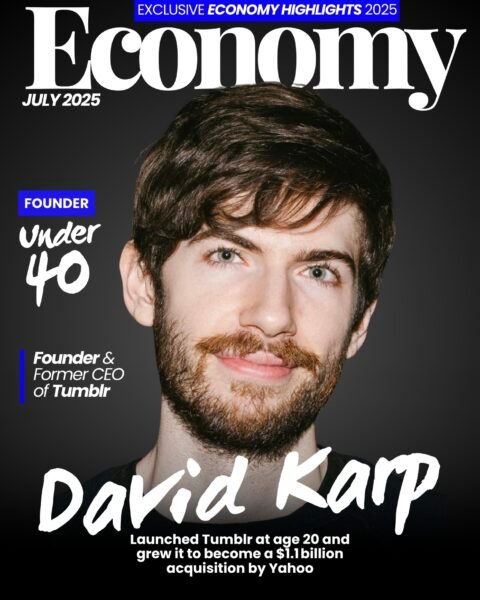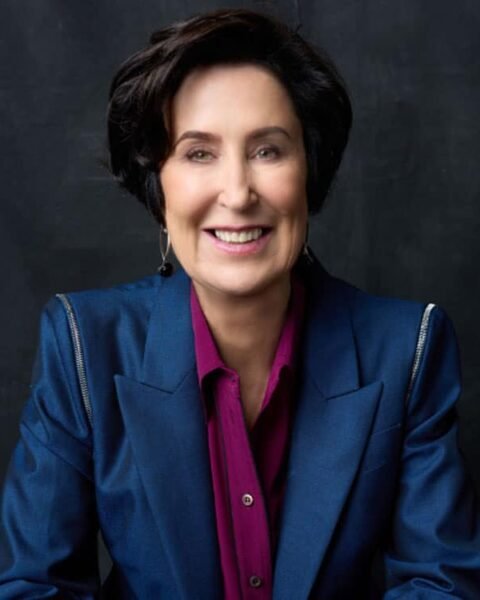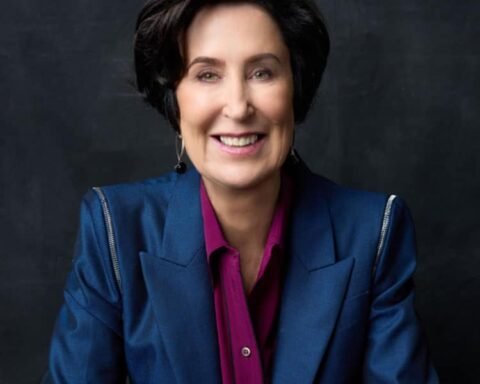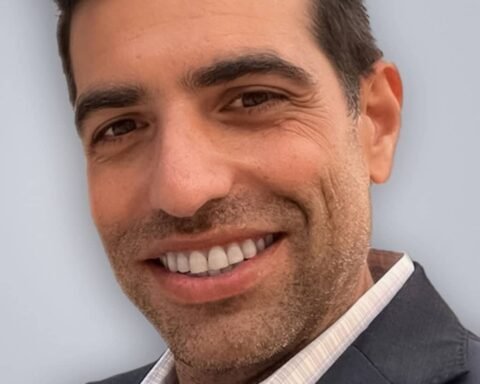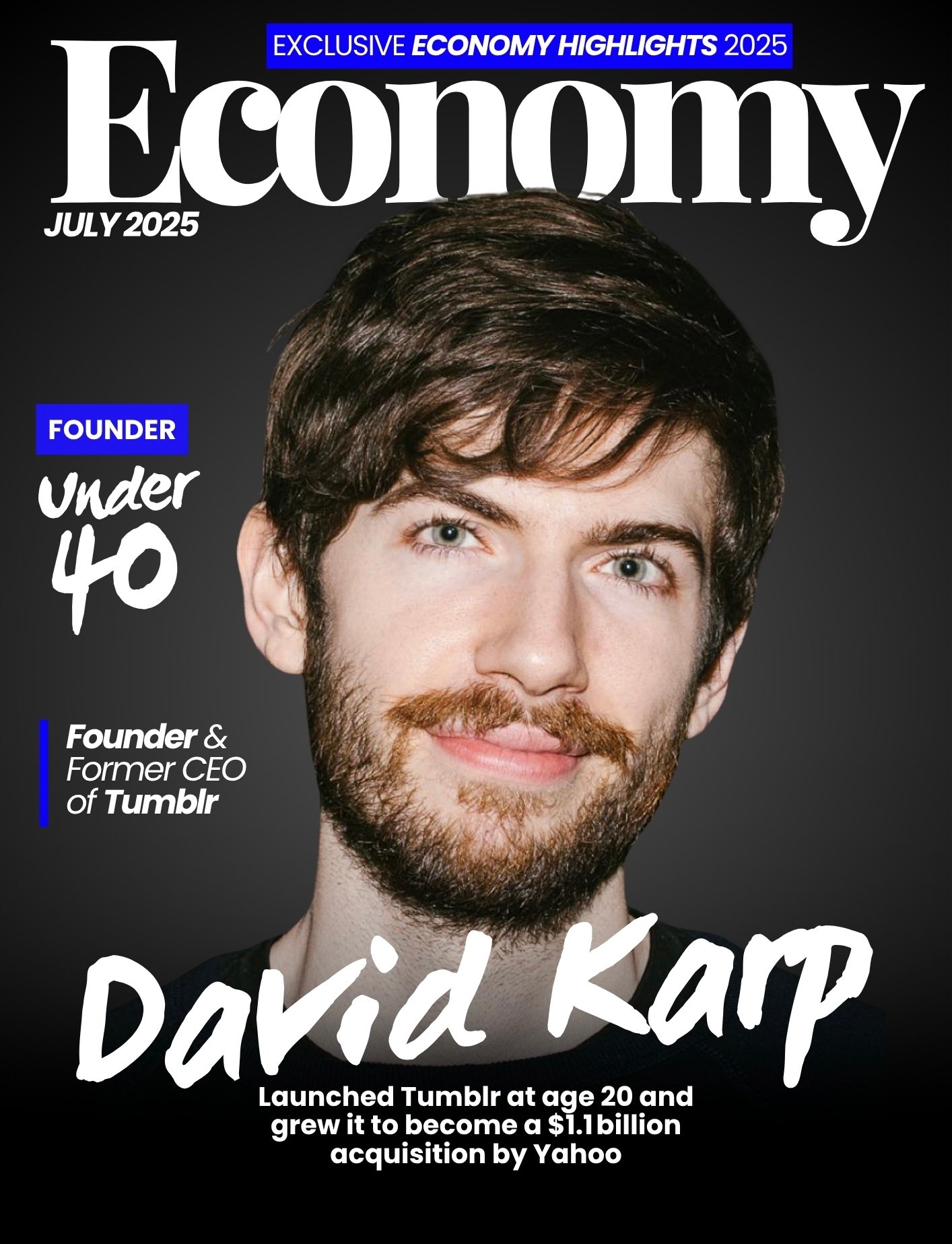Navigating the complexities of life and leadership requires an understanding of both unfair advantages and disadvantages, empowering leaders to foster inclusive environments that uplift all voices.
Life is a complex game, and as Randy Pausch aptly put it, “We cannot change the cards we are dealt, just how we play the game.” Each of us exists within a unique tapestry of beginnings, experiences, and environments that shape who we are. Some are born into privilege, while others face significant barriers. Understanding these disparities is crucial for leaders aiming to practice equitable leadership—where empathy, inclusivity, and fairness are paramount.
Recognizing Unfair Advantages
Throughout our lives, we encounter varying degrees of advantage. Reflecting on my own experiences, I remember a school event where a puzzle master visited. After hearing about the event from my nephew the day before, I recognized the puzzle he posed the next day and was quick to solve it, earning a prize. Was this an unfair advantage? Undoubtedly. The truth is that many advantages can arise from circumstances beyond our control, such as:
- Family Background: Being born to nurturing, wealthy, or powerful parents.
- Geographical Location: Growing up in a prosperous nation versus a developing one.
- Health and Education: Access to ample food, health care, and quality education.
- Innate Qualities: Traits like physical attractiveness, charm, high intelligence, and even an ambivert nature can confer benefits in various contexts.
Individuals with these advantages owe it to themselves—and their communities—to leverage their privileges for the greater good. Consider Eleanor Roosevelt, who, despite her privileged upbringing, championed women’s rights and advocated for the marginalized. Similarly, management guru Tom Peters openly acknowledged his advantages and used them to support humanistic leadership and promote women in business.
Facing Unfair Disadvantages
Maya Angelou reminds us, “You may not control all the events that happen to you, but you can decide not to be reduced by them.” Disadvantages, while challenging, can often fuel resilience and determination.
Growing up speaking Tamil, I faced significant obstacles when I transitioned to an English-speaking college in Chennai. Initially, I struggled to express myself in English, but through perseverance, I overcame these limitations to become a successful software executive and author. My journey illustrates how disadvantages can become stepping stones for personal growth.
Oprah Winfrey, born into poverty and raised by a single mother, faced abuse and numerous hardships. Yet, her tenacity and willingness to learn from failure propelled her to become a global icon. Likewise, Dr. A.P.J. Abdul Kalam, once a newspaper delivery boy, rose to become the President of India through hard work and determination, demonstrating that one’s beginnings do not define their potential.
Blooming Where We Are Planted
In life, we must navigate our unique advantages and disadvantages. When we possess advantages, it is crucial to utilize them responsibly, ensuring we contribute positively to those around us. Conversely, when faced with disadvantages, maintaining a growth mindset can transform setbacks into opportunities for learning and development.
Equitable leadership calls for social awareness and the ability to create inclusive environments where every voice is valued. Leaders must be compassionate, adapting their leadership styles to the diverse needs of their teams. Those who have benefited from privilege can use their awareness to mentor and uplift those less fortunate. In contrast, leaders who have faced significant challenges can empathize with the struggles of others, fostering a supportive culture.
The Impact of Equitable Leadership
Leaders who understand the dynamics of privilege and disadvantage can influence their organizations and communities positively. By practicing equitable leadership, they not only promote fairness and inclusivity but also drive successful organizational outcomes.
Equitable leadership is not merely a moral imperative; it is a strategic advantage. As we strive to be equitable leaders, we create environments that nurture diverse talent and perspectives, ultimately leading to more innovative solutions and sustainable growth.
In conclusion, understanding the hands we are dealt allows us to play the game of life with intention and purpose. By fostering equitable leadership, we can ensure that everyone has the opportunity to thrive, regardless of their starting point. Let us commit to using our advantages wisely and supporting those who face disadvantages, creating a more inclusive and compassionate world for all.
Post Views: 159

